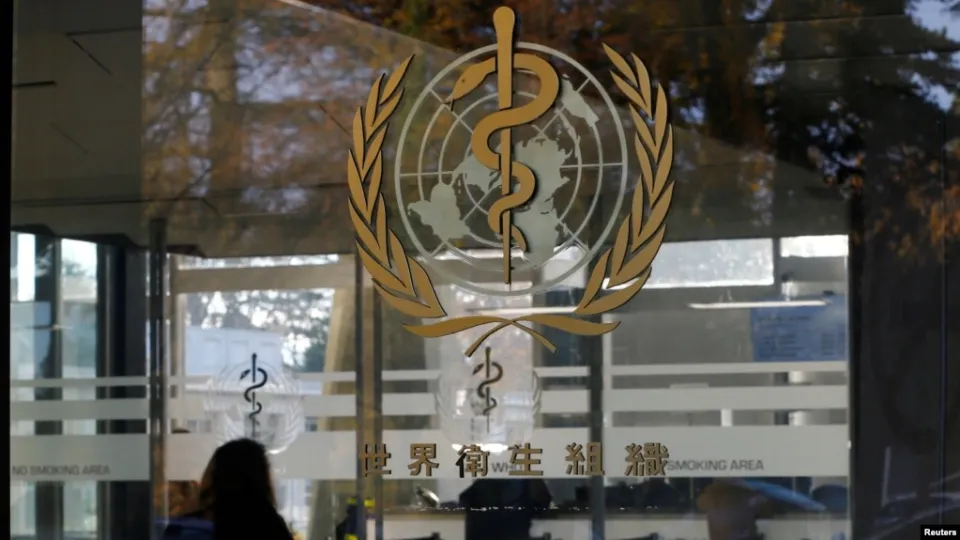Drugs that fight obesity could for the first time be included on the World Health Organization’s (WHO) “essential medicines list.”
According to the UN health agency, the list is used to direct government purchasing decisions in low- and middle-income countries.
Next month, new drug inclusion requests will be reviewed by a group of WHO advisors. In September, the most recent list of necessary medications is expected to be made public.
Three physicians and a researcher in the United States asked that obesity drugs be taken into consideration. Their request covers the active ingredient liraglutide, which is used in the obesity drug Saxenda. The drug, made by Novo Nordisk, is set to come off patent soon. The goal of the consideration is to make affordable versions of these medications available.
WHO advisors had the option of declining the request or waiting for more proof.
But if they approve the request to include Saxenda and any future drug versions, it would mark a new method of dealing with worldwideobesity.
To treat a complex condition that is still not fully understood, some public health experts advise against making such medications available to the general population.
According to the WHO, the panel of experts will evaluate the liraglutide data over the ensuing months. In the future, the group might also investigate different approaches to weight loss.
Over 650 million adults worldwide, or more than three times the rate in 1975, are obese, according to the WHO. Worldwide, an additional 1.3 billion people are overweight. People who are obese or overweight make up 70% of the population in low- and middle-income nations.
Expanding its reach
In poorer populations, adding obesity medications to the WHO’s list of essential medicines could have a significant impact. According to experts, the inclusion of HIV medications on the list in 2002 contributed to the increased accessibility of these medicines for patients in developing nations.
The doctors and the researcher who requested the consideration wrote, “At present, there are no medications included in the (list) that specifically target weight loss for the ongoing global burden of obesity.”
According to them, the notion of universal health equality is incompatible with the absence of weight-loss treatments. They continued that there are more deaths from illnesses related to obesity in poorer countries.
About the drugs
The once-daily injection of Saxenda is used. It has been demonstrated to aid people in losing between 5 and 10 percent of their body weight. In the US, it costs $450 per month, while in Europe, it costs $150.
Wegovy is a weekly injection and is another medication produced by Novo Nordisk. In the United States, the monthly cost exceeds $1,300. Up to 15% of users’ weight loss was achieved through its use.
Wegovy is currently in short supply. The launch of Wegovy in the US and other developed markets is Novo’s primary focus at this time.
Both medications are GLP-1 receptor agonists, a group of drugs. Such medications have long been used to treat diabetes. The medication alters brain signals that are sent when someone is hungry and slows how quickly their stomach empties. In turn, this prolongs the feeling of fullness.
There are insufficient long-term safety and effectiveness data for Saxenda and Wegovy in the treatment of obesity. According to studies, people will probably need to take the medications for the rest of their lives in order to keep the weight off.
In a statement, Novo Nordisk claimed that it was not involved in the request to take liraglutide into consideration for the WHO list. It added, “We welcome the WHO review and look forward to the readout and decision.”



